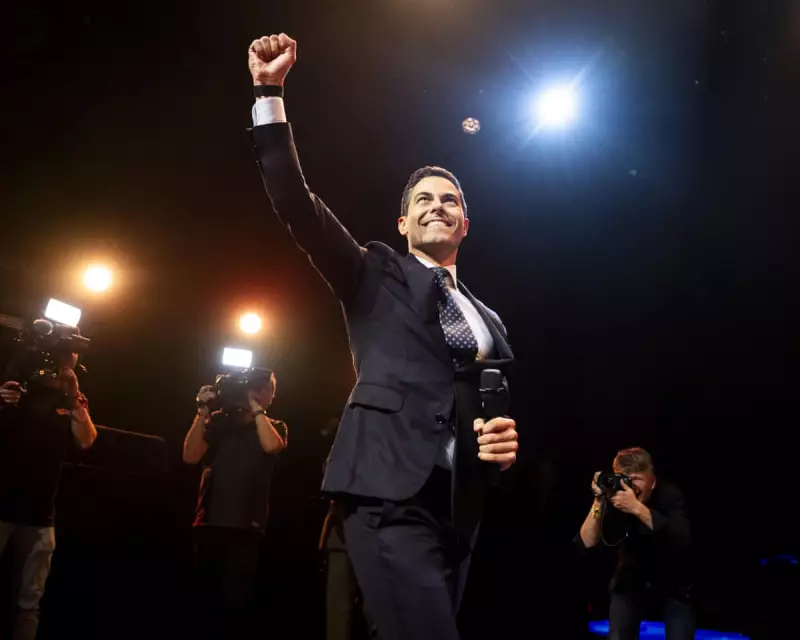
In a political drama that gripped the Netherlands, Liberal leader Rob Jetten has emerged victorious from the country's general election, delivering what many are calling a crucial blow against rising populism across Europe.
A nail-biting political showdown
The election results revealed a nation deeply divided, with Jetten's social-liberal D66 party securing a fragile lead over Geert Wilders' far-right Freedom Party. The outcome represents a significant comeback for the pro-European centre after months of polling suggested Wilders might triumph.
"This victory demonstrates that the Dutch people have chosen hope over fear, and cooperation over isolation," Jetten declared to cheering supporters in The Hague.
The coalition conundrum begins
Despite the symbolic victory, the real political battle now begins. No single party secured an outright majority, plunging the Netherlands into what promises to be complex and lengthy coalition negotiations.
The fragmented results mean Jetten must navigate a political minefield, potentially requiring cooperation with multiple parties across the ideological spectrum to form a stable government.
What this means for Europe
Political analysts are hailing the outcome as a crucial moment for European politics. The Netherlands, traditionally a bellwether for continental trends, has pushed back against the populist surge that has gained ground in several EU nations.
"This isn't just a Dutch story - it's a European story," commented one Brussels-based political strategist. "The centre has held, but only just. The message to other European leaders is clear: the battle against populism is far from over."
The election campaign was dominated by heated debates over immigration, climate policy, and housing shortages - issues that remain unresolved and will test any future government's stability.
As coalition talks begin behind closed doors, the Netherlands holds its breath, wondering whether this fragile victory can translate into durable governance.





